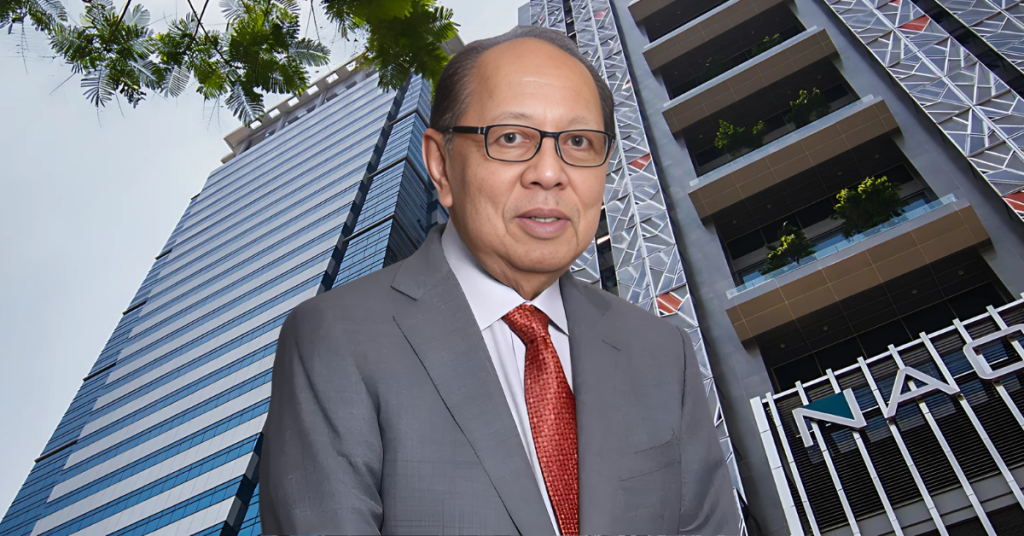Manny Zamora was 30 years old, unemployed, and unsure of what came next. A trained lawyer, he had no background in business, no formal education in economics, and certainly no plans of becoming one of the Philippines’ biggest players in the mining industry.
“It was 1967 and I was around 30 years old,” Zamora recalls. “I was not doing anything. I was just a lawyer. I didn’t know anything about buying or business. In fact, I was never in business.”
What changed everything was a call from Leonides Virata, a close associate and mentor who had just been appointed secretary of Commerce and Industry by President Ferdinand Marcos. Virata was no ordinary bureaucrat—he was a respected corporate executive who had served as chairman of the Development Bank of the Philippines and would later become a central figure in Philippine business and industrial development.
Zamora wasn’t even part of the government. He was working in a more informal role, serving as Virata’s assistant. “I was working for him like a personal assistant. In fact, he was looking for a job for me,” he says.
Then came the moment that would change his life.
“It all happened that Virata was appointed to be secretary of Commerce and Industry… and he told me, ‘Ikaw na ang bahala dito,’ because he wanted to explore opportunities for logging in Palawan.”
With no business experience and no understanding of the resource sector, Zamora was suddenly handed a major opportunity—and responsibility.
“Well, not knowing anything about buying or business in particular, I had to make do with what little I knew,” he admits. “So I call my career up to now purely tsamba. I didn’t see that coming.”
That twist of fate marked Zamora’s unlikely entry into what would become a lifetime commitment to mining and natural resources. Despite the lack of formal training, his work ethic, instinct, and mentorship from Virata helped him develop the business acumen he needed to navigate the rough terrain of the Philippine mining industry.
“From knowing nothing about business and absolutely nothing about the mining industry, that’s where all of this started.”
What began as an unexpected assignment in Palawan grew into one of the most successful mining operations in the country. Nickel Asia Corporation, which Zamora would later found, is now one of the Philippines’ largest nickel producers, with operations across multiple islands and joint ventures with major international partners. The company supplies raw materials essential for global industries including electric vehicles and clean energy.
Zamora’s journey from a lawyer-in-limbo to a mining magnate reflects not just personal grit but also the power of proximity—being close to someone like Virata who believed in him, even when he didn’t yet see the potential himself.
Virata’s influence extended beyond giving Zamora a chance. He modeled what it meant to lead with long-term vision and taught him how to navigate both government and private sectors—skills that would prove critical as Zamora built a business in one of the most politically and environmentally complex industries in the country.
More than five decades later, Zamora still looks back at the beginning with humility.
“I didn’t plan any of this,” he says. “It just happened. I was lucky, and I worked with the people who gave me a chance.”
Whether he calls it luck or tsamba, his story is a reminder that opportunity often comes without warning—and that success doesn’t always start with a blueprint. Sometimes, it just starts with someone saying, “Ikaw na ang bahala.”
This article includes quotes from an interview originally published by Esquire Philippines, authored by Henry Ong.
![]()



